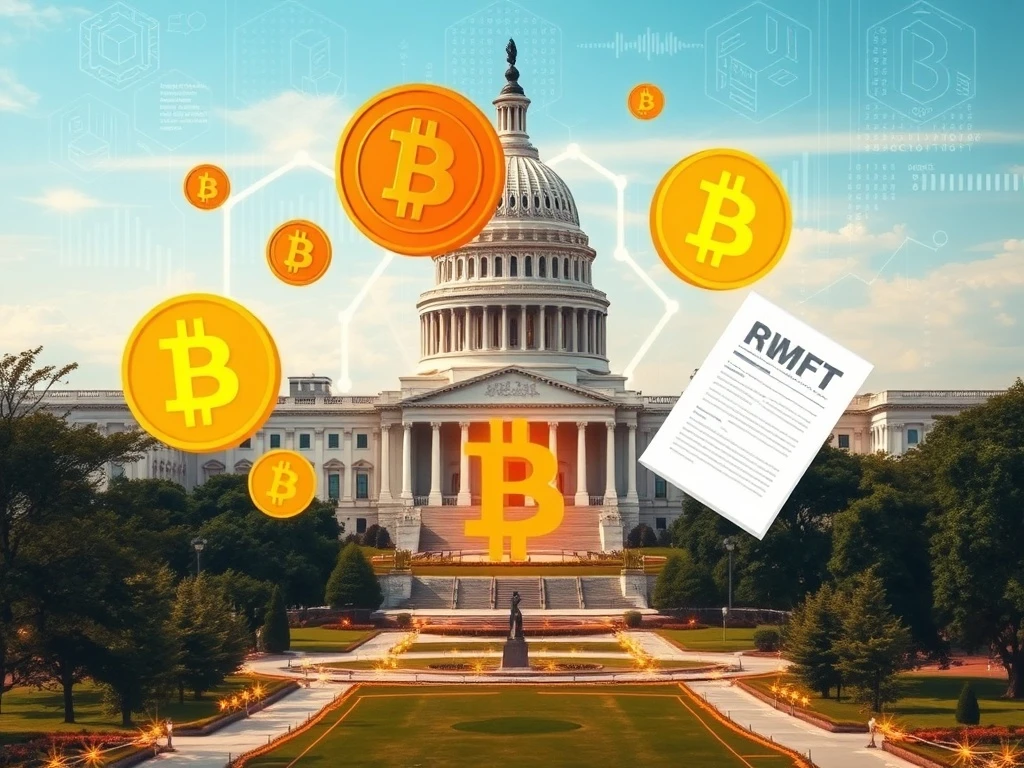U.S. Crypto Regulation Overhaul: SEC and White House Unite for Landmark Reforms

The U.S. is taking a bold step toward reshaping the future of cryptocurrency with a sweeping regulatory overhaul. The SEC, in alignment with White House priorities, has unveiled a comprehensive framework aimed at fostering innovation while protecting investors. This landmark move could redefine the global crypto landscape.
Why the U.S. Crypto Regulation Push Matters Now
The timing of these reforms reflects growing recognition of crypto’s economic importance. Key drivers include:
- Rapid market expansion requiring clearer rules
- Global competition in digital asset leadership
- Increasing consumer protection concerns
- Need for tax clarity in crypto transactions
SEC Reforms: What’s Changing?
The SEC’s proposed changes represent the most significant crypto regulatory update in years. The reforms focus on three core areas:
- Enhanced oversight of crypto exchanges and platforms
- Clearer classification of digital assets
- Streamlined compliance processes for blockchain projects
White House Crypto Policy: A Coordinated Approach
The administration’s involvement signals crypto’s rising strategic importance. The White House report emphasizes:
| Priority | Action |
|---|---|
| Market Stability | New CFTC-SEC coordination |
| Innovation | Sandbox programs for startups |
| Security | Stricter custody requirements |
The GENIUS Act: Protecting Crypto Users
This proposed legislation addresses critical vulnerabilities in crypto markets:
- Mandatory reserve requirements for exchanges
- Enhanced disclosure of platform risks
- Clearer bankruptcy protections
Crypto Taxation: Seeking Clarity
The Treasury and IRS recommendations aim to resolve longstanding tax uncertainties:
- Simplified reporting for small transactions
- Clearer guidance on staking rewards
- Revised wash sale rules for digital assets
What This Means for Crypto’s Future
These coordinated reforms could establish the U.S. as the global standard-setter in crypto regulation. While challenges remain, the framework provides much-needed clarity that could:
- Boost institutional adoption
- Encourage responsible innovation
- Enhance consumer confidence
- Strengthen market integrity
FAQs
Q: When will these crypto regulations take effect?
A: Most proposals require Congressional approval, with implementation likely phased over 12-24 months.
Q: How will the GENIUS Act protect investors?
A: It mandates transparency about reserves and establishes safeguards against exchange failures.
Q: Will these changes affect DeFi platforms?
A: Yes, the framework includes provisions for decentralized finance oversight.
Q: What does this mean for crypto startups?
A: Clearer rules could reduce legal uncertainty, though compliance costs may increase.
Q: How might this impact crypto prices?
A: Short-term volatility is possible, but long-term stability could attract more institutional investment.









